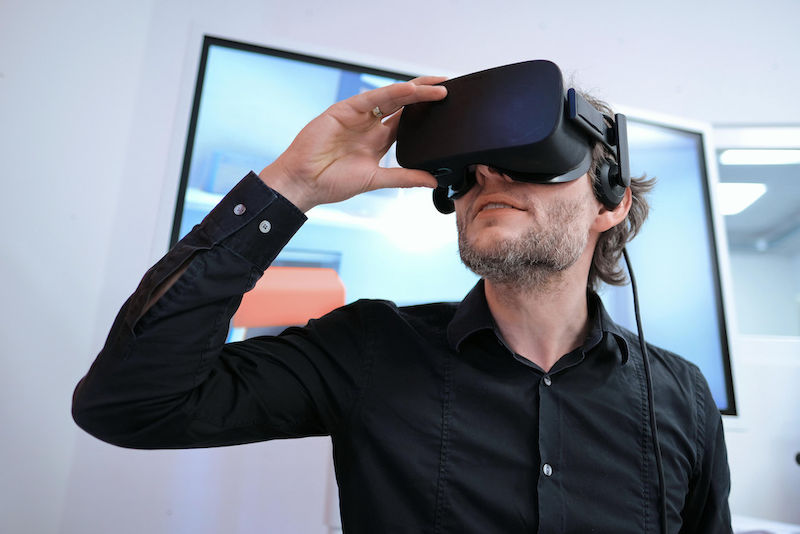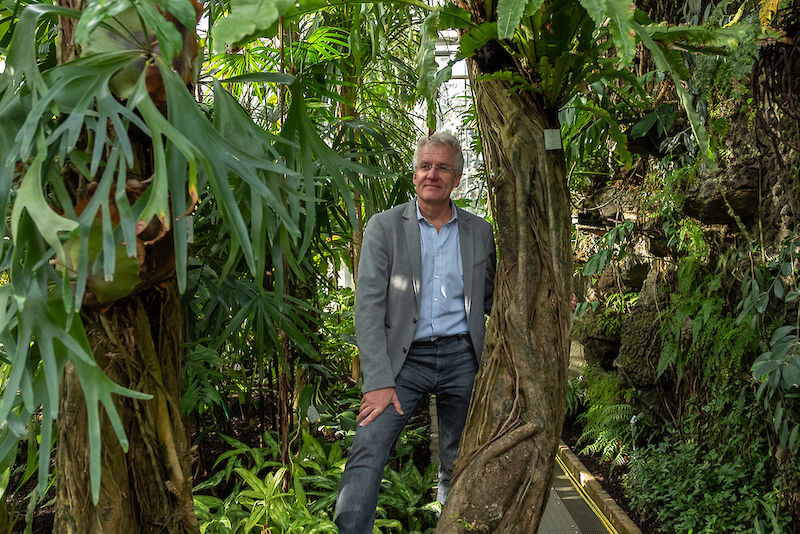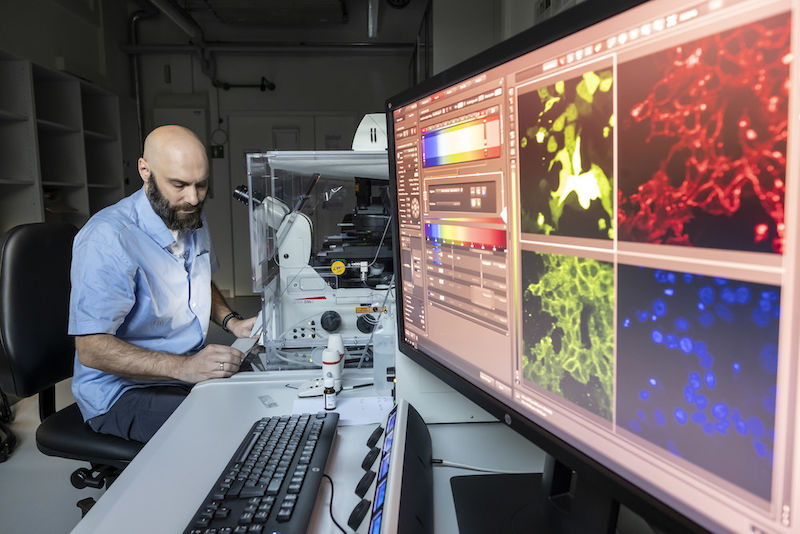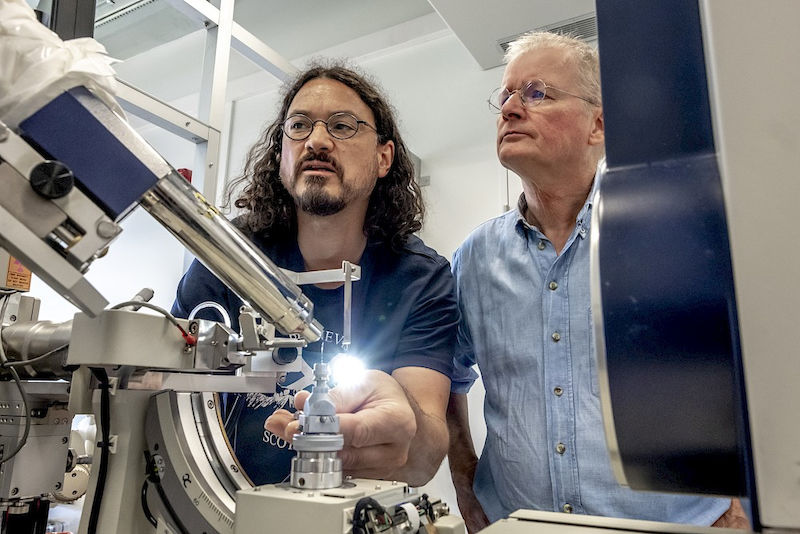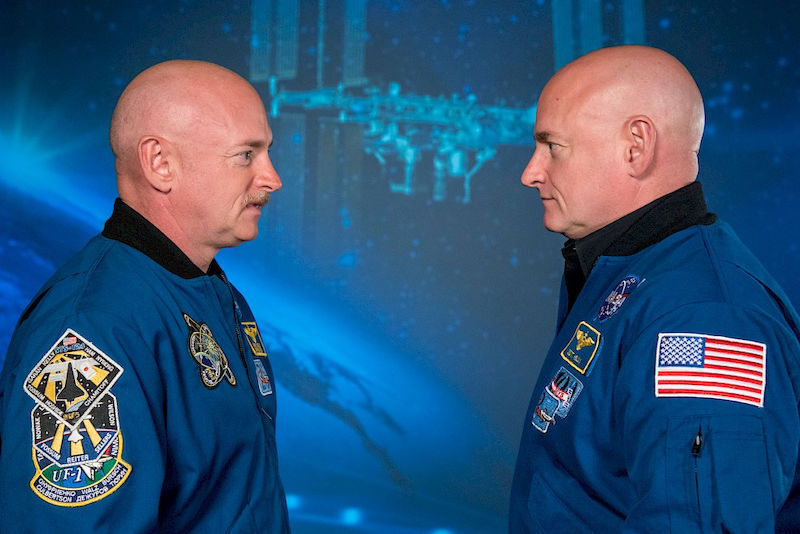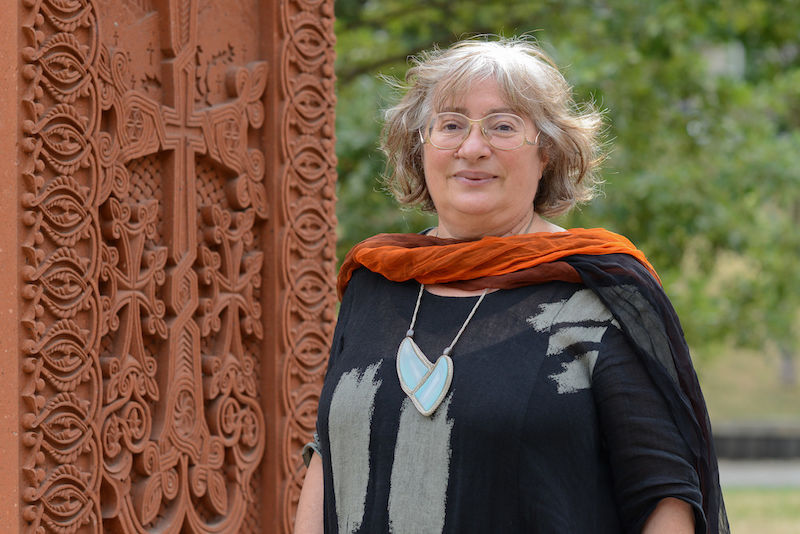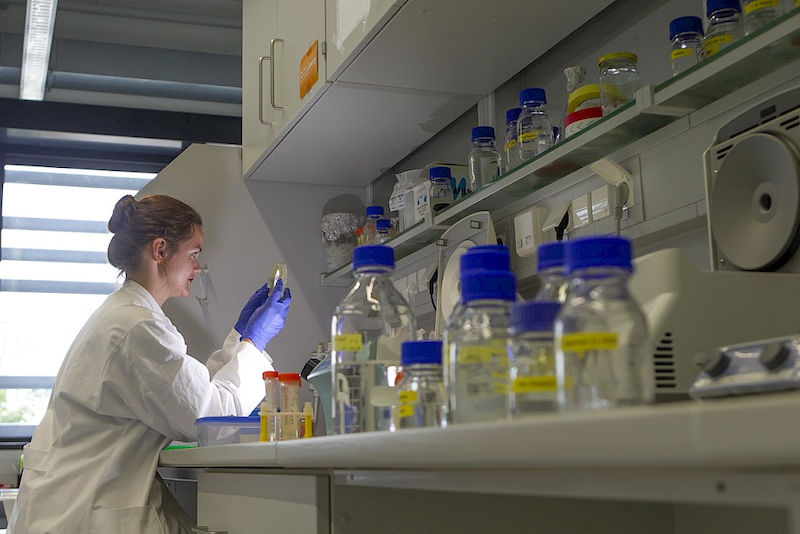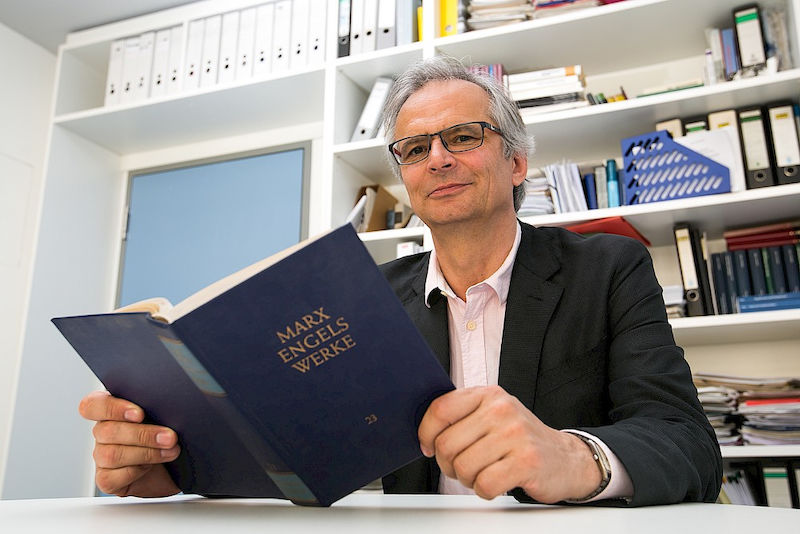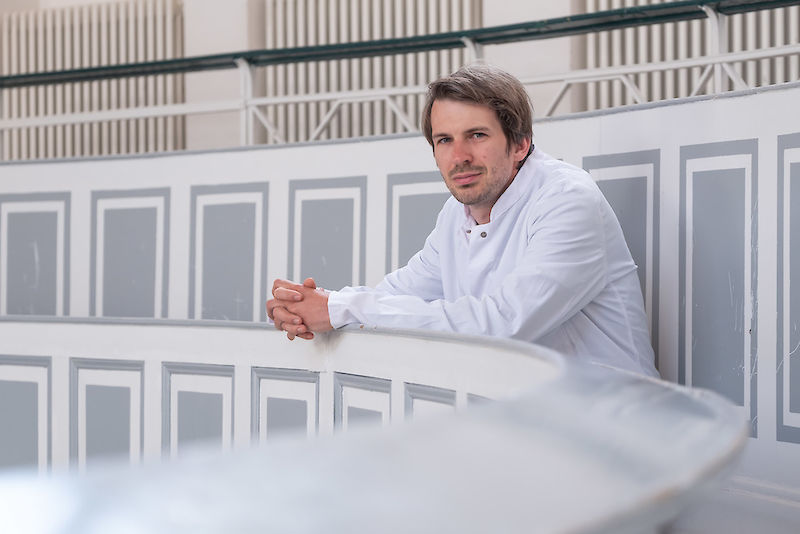
Uncovering the secrets of fat cells
Professor Martin Gericke investigates inflammatory reactions in adipose tissue. One aspect he is investigating is why not all obese people suffer from typical diseases of affluence associated with obesity, such as high blood pressure and diabetes. Read more

